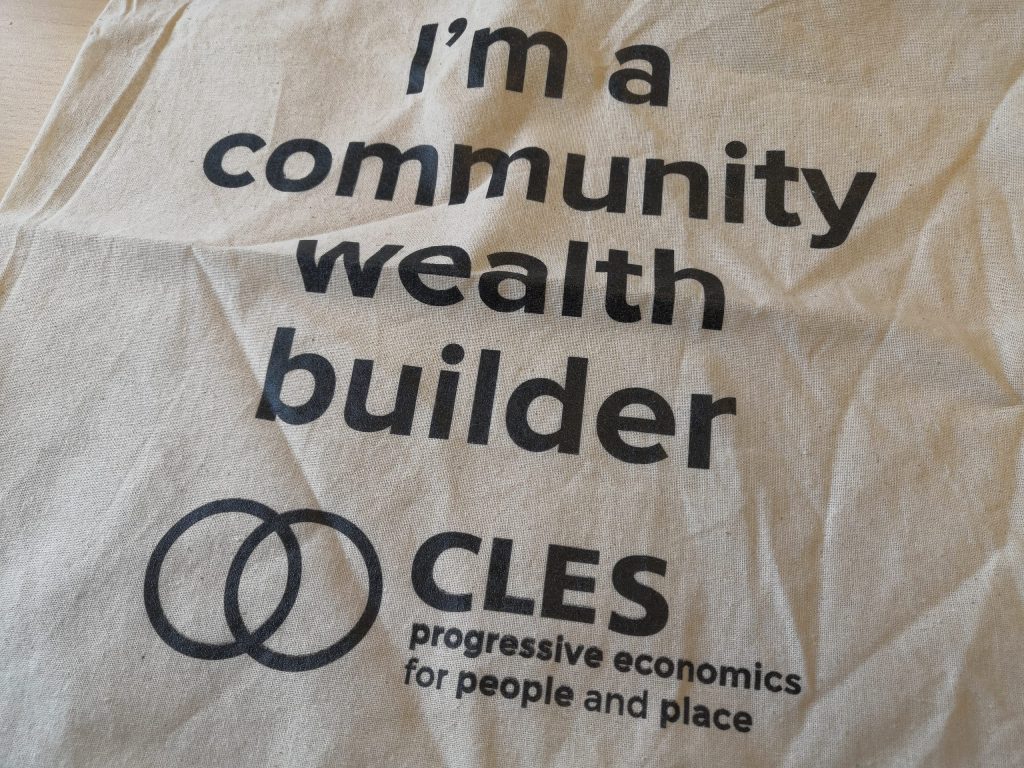
As part of DTNI’s Creating Resilient Local Economies project we recently took a delegation on a two-day study visit to Preston to talk to council leader, Cllr Matthew Brown, and Deputy Chief Executive, Derek Whyte; and to Liverpool to attend the CLES Community Wealth-Building Summit.
Tiziana O’Hara talks about her findings
Why Preston?
Preston is an old market town of around 140,000 people in Lancashire, in the north-west of England. The Labour-majority city council has built interesting relationships with local statutory bodies and they have used their combined financial and economic resources to invest in the local economy.
They began this journey in 2012 by:
- becoming a Living Wage Employer;
- increasing their local spending, and;
- using progressive procurement to develop local supply chains.
Having discovered that the council spent only 5% of their £750 million budget, and only 39% in Lancashire, it became a priority for the elected representatives and council officials to prevent public money from leaking out of the region. Preston City Council invited a range of public institutions – the Office of Police & Crime Commissioner for Lancashire, two local colleges, the local university and housing association – into this project by offering them the opportunity to examine their own spending and drive economic regeneration, building trust and collaboration to start to effect real change.
Interestingly, even a proportion of the council and county public pension funds was invested locally and used to build affordable student accommodation in the city centre.
What impact did those progressive practices have in the local area?
First, it shifted mindsets. Council and local public institutions began to re-think how existing resources could be better used and how they could rely less on inward investment.
Preston City Council has almost tripled its spending in the local economy from £38m to £111m in the past five years. This has:
- resulted in higher wages for 4000 workers;
- created less precarious jobs and decreased levels of in-work poverty, and;
- stimulated the creation of local supply chains with place-based SMEs and co-operatives.
Derek and Matthew do not want their approach to community wealth building to be described as a ‘model’ -and it was clear why when we met with them. Their approach has prioritised local context and recognised the power of collective action across the public sector, which has been realised through building human, trustworthy and reliable relationships. This was evident in the relationship between the council official and the council leader as they told us their story.
